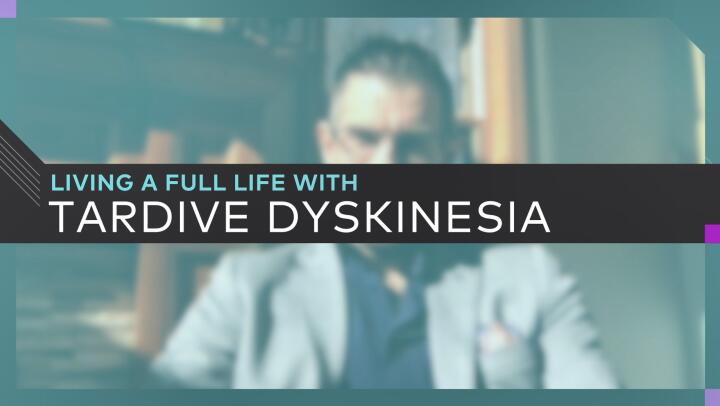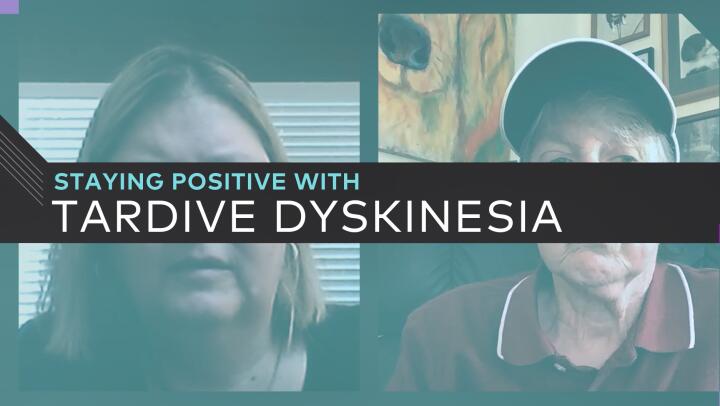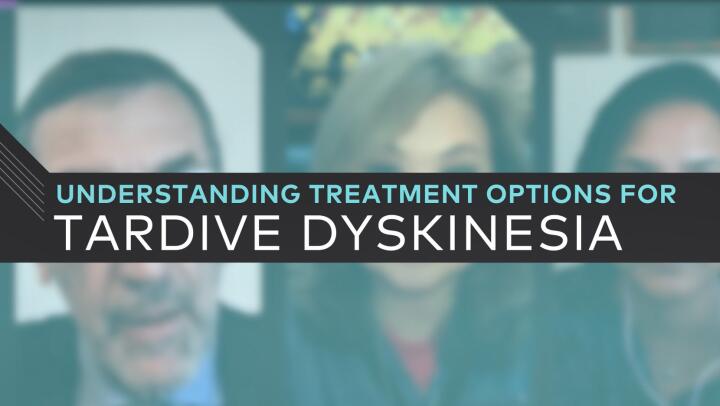
Telehealth, telemedicine, virtual doctor visit—you’ve probably heard these interchangeable terms a lot over the last year. More people than ever are using telehealth for medical appointments, allowing them to receive health care services at home, via a video or phone call, rather than in a doctor’s office.
If you or a loved one is living with schizophrenia, you may have wondered if telemedicine is a suitable option. Good news, it is! Telehealth can make schizophrenia management both more convenient and comfortable. Here are some tips to ensure you have a productive virtual doctor visit.
A virtual doctor visit will closely resemble an in-person visit, but instead of seeing the doctor in person, you’ll talk to them in real time over a video or phone call. Before your call, it’s always advised to spend a few moments thinking about what you’d like to accomplish during your appointment. Some things to consider include:
- What symptoms have you or your loved one been experiencing? When did they appear, and do they come and go?
- Are symptoms of schizophrenia impacting your or your loved one’s daily routine?
- Is the current treatment plan well-tolerated? Any troubles with adherence to medication or side effects?
- Do you have any questions about schizophrenia in general, how it’s treated, or about what to expect in the future?
Jot down any important issues on your mind, so you don’t forget to bring them up. Remember, your openness and honesty are crucial in helping you and your doctor decide how to move forward.
In addition to mental preparation, you’ll need to do some physical preparation for your or your loved one’s telehealth appointment. Gather all of the supplies you may need during the appointment. Along with your list of questions, you should have a list of all current medications (including those unrelated to schizophrenia), an insurance card, and extra paper and a pen for taking notes.
Carefully consider where you set up for your telemedicine appointment. It can be hard to stay focused on your appointment if you have a barking dog, loud television, or kids playing in the room. So, choose a spot that’s quiet and free from distractions. If you are doing a video visit, try to find a well-lit location, allowing your doctor to clearly see you on camera.
Make sure your technology is ready. Check instructions from your doctor’s office on how to log on to your appointment at the designated time. Be certain your smartphone, tablet, or computer is fully charged. Close other open applications and check your internet connection, sound, and video on your device.
Your doctor should review the plan of care near the end of the appointment. This may include any changes to medication or when to schedule another visit. Don’t hesitate to ask any questions about the next steps.
Before the virtual visit ends, confirm how to get in touch with the doctor if new concerns arise. Be sure you understand which symptoms of schizophrenia warrant a phone call to the office versus a trip to the emergency room.













